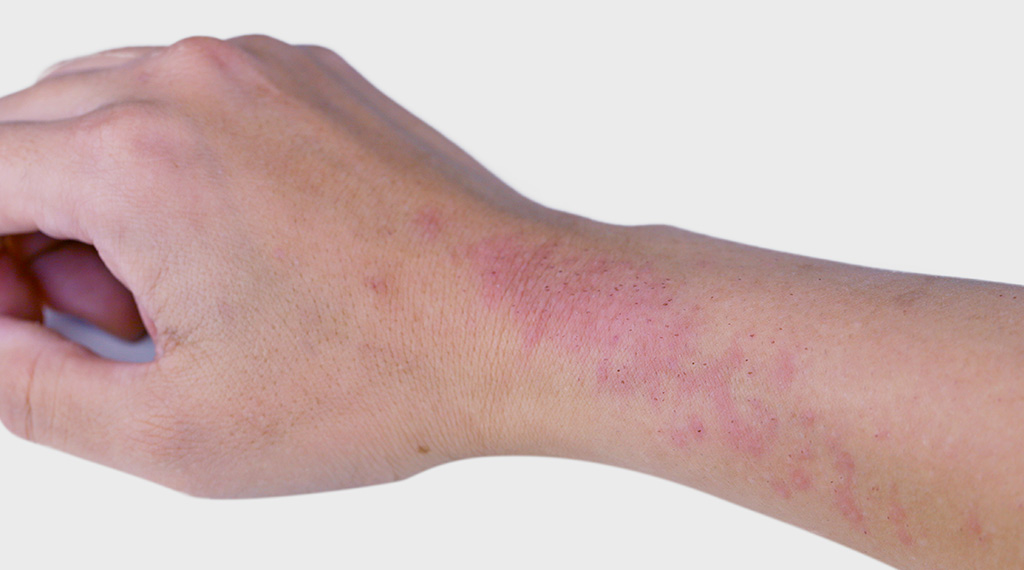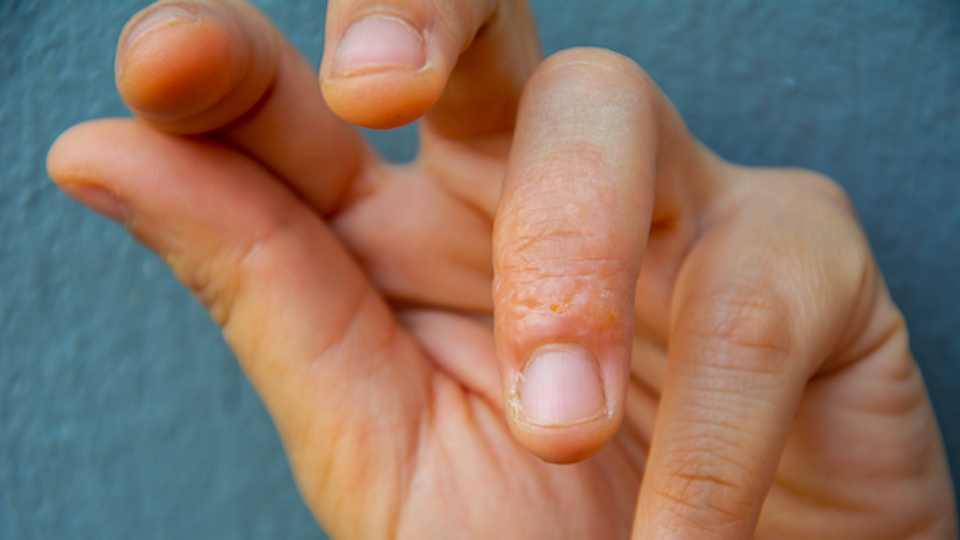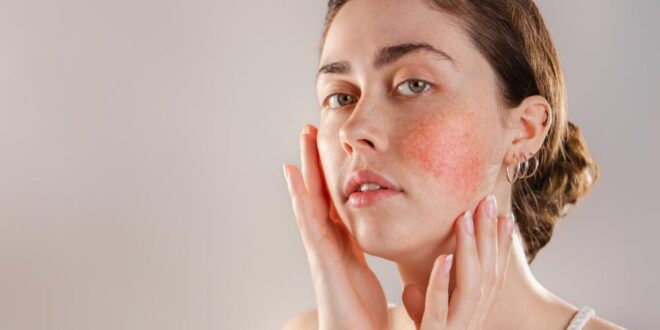Facial eczema is a common skin condition that can cause redness, itching, and pain on the face. It is usually caused by an allergic reaction to certain substances and is more common in people with sensitive skin.
While there are treatments available to help manage facial eczema flares, understanding the causes of such flares can be extremely beneficial in preventing them from occurring in the first place. In this article, we will discuss what causes facial eczema flares and how you can effectively deal with them when they arise.
We’ll also provide some tips for managing your skincare routine to minimize flare-ups of facial eczema going forward.
Minimizing Exposure to Flare-up Triggers

When it comes to minimizing exposure to flare-up triggers, the best thing for those with facial eczema is an individualized approach. It’s important to identify and avoid any potential irritants, allergens, and environmental factors that may be causing or worsening your symptoms – such as soaps, detergents, cosmetics, certain fabrics, or materials in clothing and bedding.
To help keep flare-ups at bay it can also be useful to stay away from extreme temperatures – both hot and cold – as well as windy conditions. Additionally, during times of high pollen count or when air pollution levels are elevated due to agricultural activity, this type of skin condition can become more pronounced.
Taking steps such as wearing a face mask outdoors on days with poor air quality can assist in reducing exposure. Finally eating a healthy diet rich in omega-3 fatty acids is another way you can reduce the risk of facial eczema flares by strengthening the skin’s barrier function against external elements.
Applying Topical Medications and Treatments

When it comes to treating facial eczema flares, topical medications are often the best option. These medications can be applied directly to affected areas of the skin and help reduce redness, itching, and other symptoms.
Corticosteroids are a common type of topical medication used to treat facial eczema flares. These drugs reduce inflammation in the skin and can provide relief from uncomfortable symptoms quickly. Topical antibiotics may also be prescribed if there is an infection present on the skin that needs to be treated with medication.
Non-steroidal anti-inflammatory creams or lotions can also soothe irritated areas of the skin while helping reduce swelling associated with eczema flare-ups. In addition, moisturizers should always be used when treating facial eczema as they help keep the skin hydrated which helps prevent further irritation or dryness that could lead to additional outbreaks.
Taking Oral Medication as Prescribed

When it comes to dealing with facial eczema flares, taking oral medication as prescribed by a doctor is essential. This could include corticosteroids, antibiotics, or antifungals depending on the cause of the flare-up.
Corticosteroids are effective at reducing inflammation and itching quickly but need to be taken for several days to have lasting effects. Antibiotics can help if there’s an infection present while antifungal medications may also be used if fungal elements are contributing to the flare-up.
You must take your medications exactly as prescribed – this includes finishing any full course even if symptoms improve before the end of treatment. To ensure optimal results from your medication, make sure you follow all dosage instructions provided by your healthcare provider and contact them with any questions about how and when to take it.
Managing Stress Levels

Managing stress levels is an important part of dealing with facial eczema flares. Stress can worsen the condition and lead to flare-ups that are more frequent and intense.
Therefore, it is essential to take steps to reduce stress to prevent or minimize the severity of symptoms. To do this, people should practice relaxation techniques such as deep breathing exercises, yoga, mindfulness meditation, progressive muscle relaxation, and self-hypnosis. Additionally, engaging in regular physical activity can help manage anxiety and make people feel calmer during times of heightened stress.
Finally, having a healthy diet full of fresh fruits and vegetables helps support overall wellbeing which may also contribute to managing flares associated with facial eczema better.
Conclusion
In conclusion, facial eczema can be a difficult condition to deal with. However, by following the proper steps and using the right eczema cream, you can help minimize flare-ups and manage your condition. It is important to stay informed on the best treatments for this type of skin issue so that you can find relief from its uncomfortable symptoms as soon as possible.
 Jewel Beat
Jewel Beat

